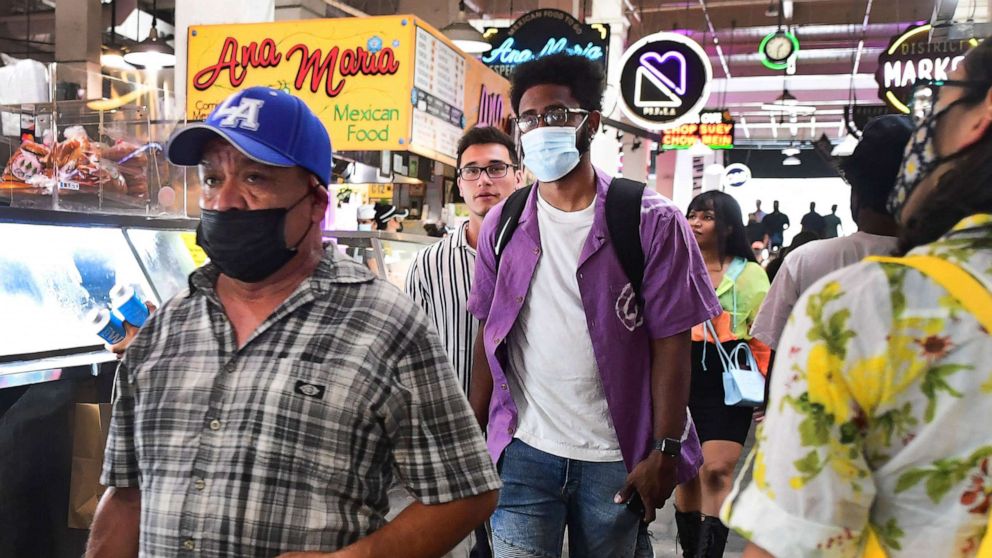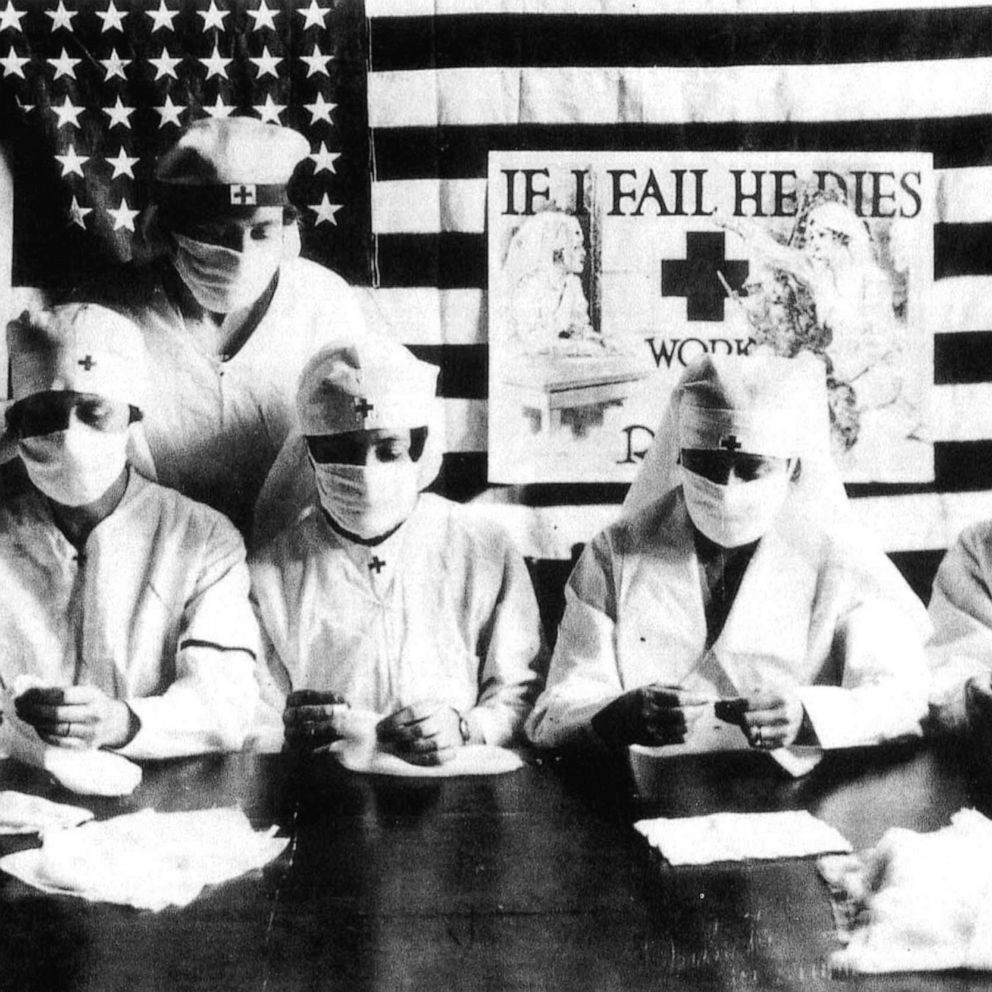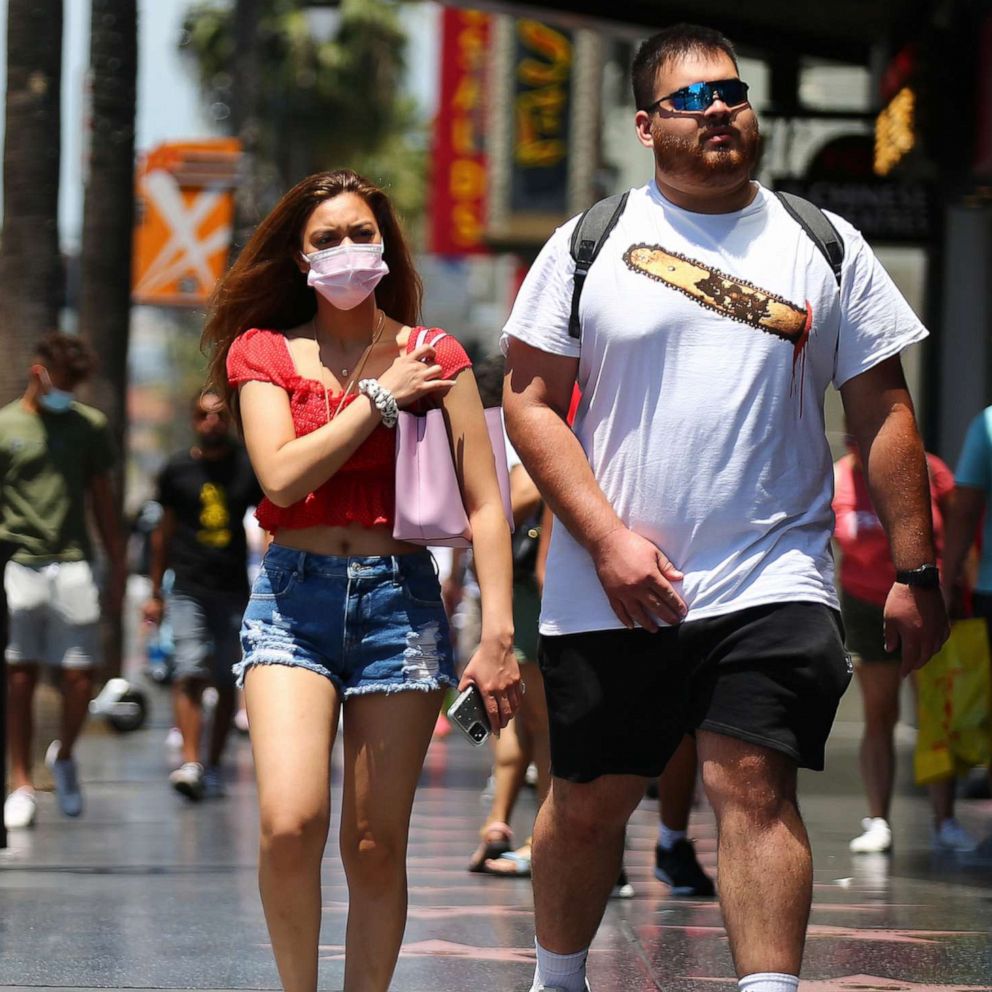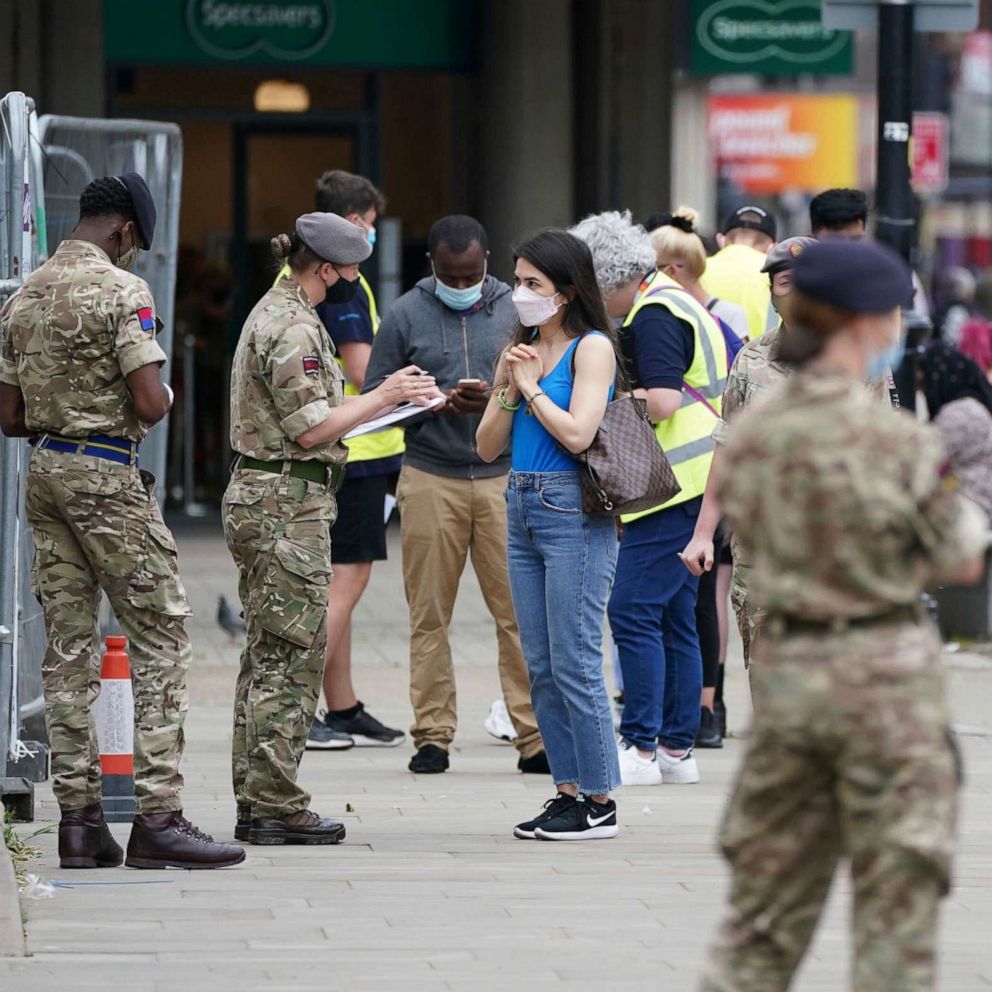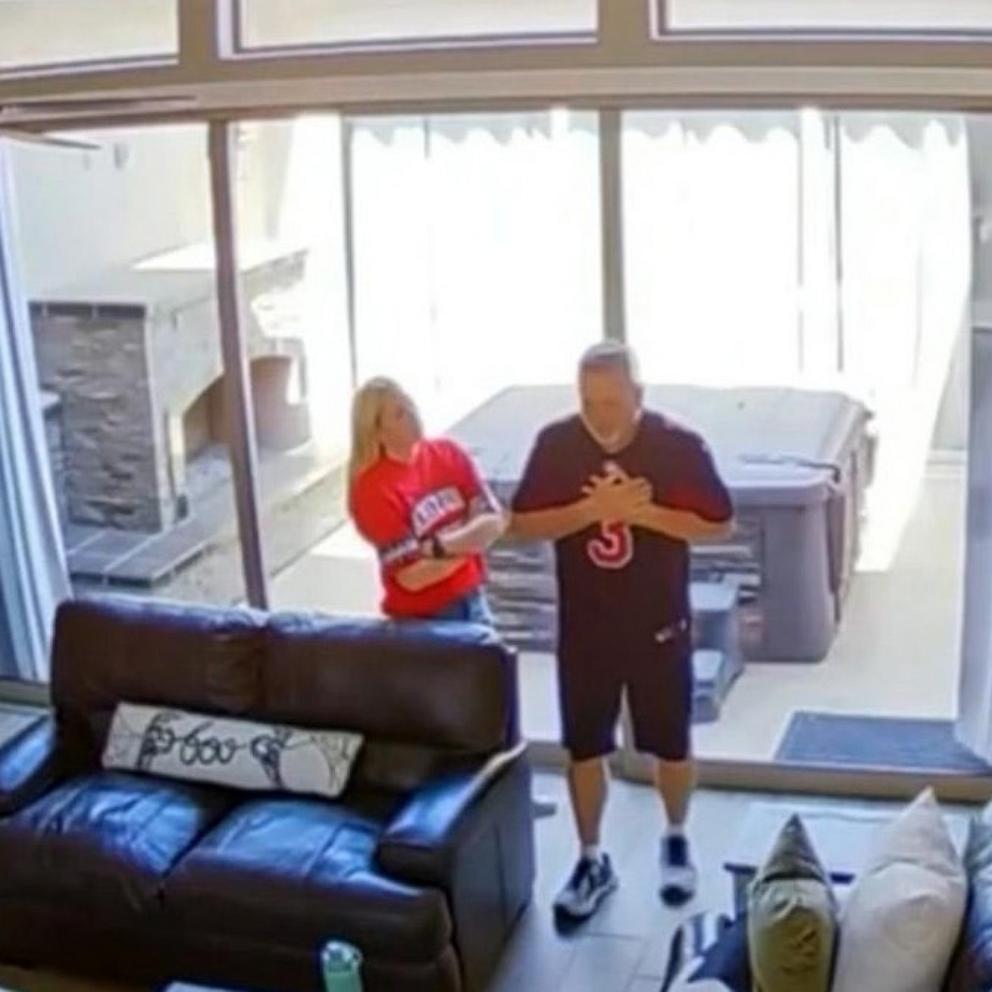What the delta variant means for Americans this summer
The delta variant now makes up more than 26% of new COVID-19 cases in the U.S. and has been detected in all 50 states, according to data from the Centers for Disease Control and Prevention.
Just a month ago, the variant, which was first identified in India, made up just 3% of new cases in the U.S.
In response to the worldwide threat posed by the variant, which is believed to be both more transmissible and more virulent than other strains, the World Health Organization shifted guidance, and now recommends that vaccinated individuals wear masks indoors. In the U.S., the CDC stayed the course, with health officials continuing to assert that fully vaccinated Americans do not need to wear masks inside.
According to CDC Director Rochelle Walensky, the United States' strong vaccination rate and its use of highly effective vaccines enables it to do things differently. By comparison, much of the world is unvaccinated and evidence suggests that certain vaccines developed outside of the U.S. are less effective than Pfizer, Moderna and Johnson & Johnson.
"The vaccinated, we believe, still are safe," Walensky told ABC's "Good Morning America."
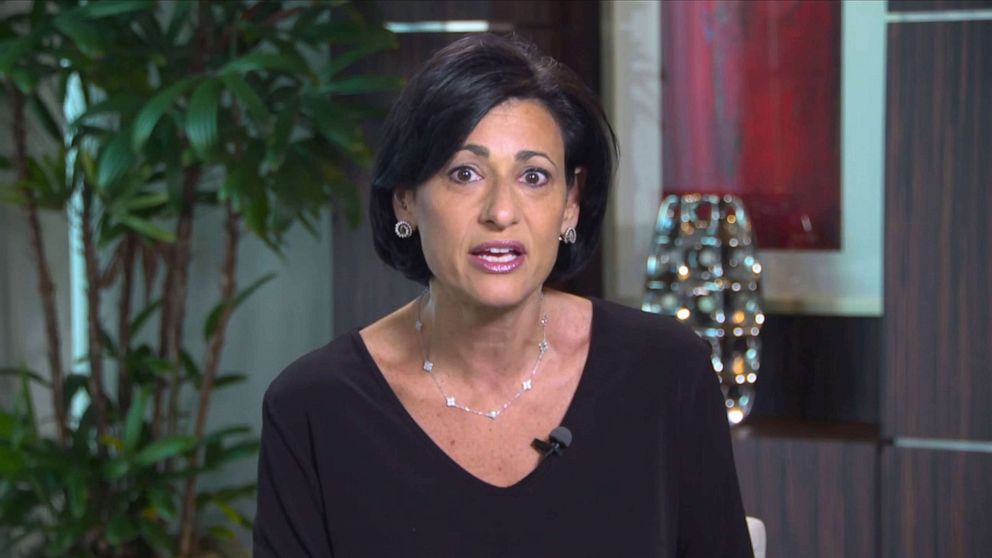
Given differences in vaccinations rates at the local level, however, local officials should decide whether to require vaccinated people to wear masks again, Walensky added.
Already, Los Angeles has reversed its guidance. Although the county dropped its mask mandate earlier this month, as of this week, the Los Angeles County Department of Public Health "strongly recommends" unvaccinated and vaccinated people wear masks inside public places, like restaurants, stores and movie theaters.
With that context in mind, here's how to approach masking this summer, as the delta variant continues to spread.
I'm fully vaccinated. Should I wear a mask indoors while at restaurants or shopping?
No, unless local officials recommend or require it. (A caveat: If wearing a mask makes you feel more comfortable, or if you're immunocompromised, you're under no obligation to takes yours off.)
According to the best evidence we have, it's safe for fully vaccinated people to forgo masks indoors this summer. If you're fully vaccinated, meaning you've received both doses of the Pfizer or Moderna vaccine, or the one-dose J&J vaccine and the final dose has fully vested, "you are highly protected from the delta variant and to even higher degree, you're protected from severe disease or hospitalization," said Dr. Vivek Cherian, an internal medicine physician with the University of Maryland Medical System.
A study the British government conducted in April and May, which analyzed more than 12,000 sequenced COVID-19 cases, found that two doses of Pfizer were 88% effective against symptomatic disease from the delta variant. Preliminary data released by Moderna, which has not yet been peer-reviewed, found that the vaccine was highly effective against the delta variant, but did not indicate an exact efficacy number. Like Pfizer, Moderna was slightly less effective against delta than against the original virus strain. Although more research needs to be done on J&J and the delta variant, preliminary research shows the vaccine performed well against the delta variant, the company said Thursday.
The guidance is completely different if you're unvaccinated or partially vaccinated. In those instances, "there is a good chance you're actually going to catch this variant," Cherian said. "There's no question that in those circumstances you want to be wearing a mask."
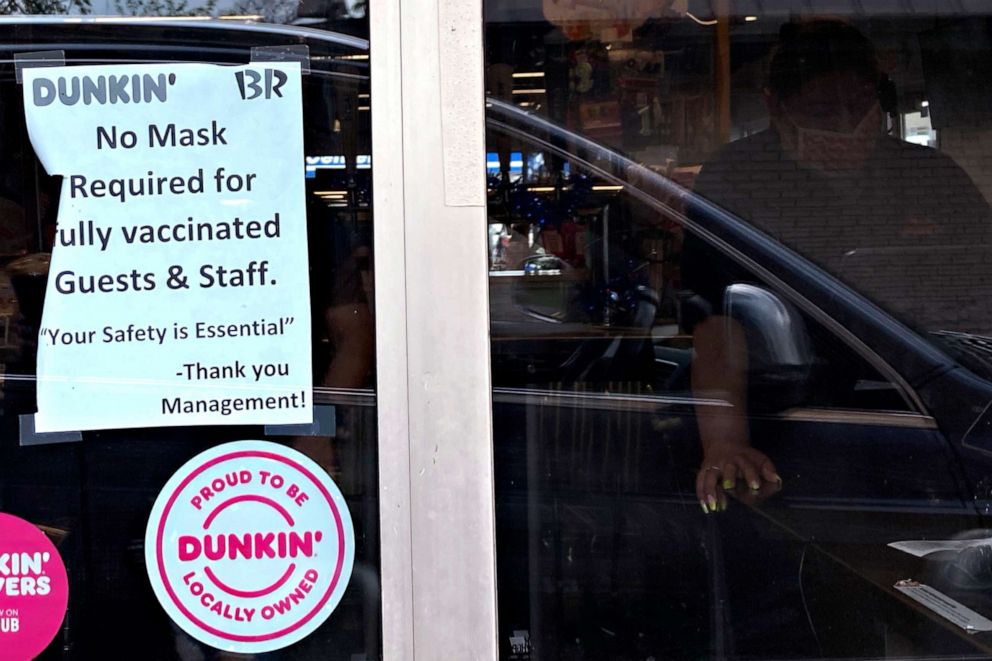
In his own life, Cherian, who lives outside of Baltimore, wears a mask inside stores to set an example for his children, who are both under the age of 12 and too young to be vaccinated. When he shops alone, however, he goes maskless.
"We're not really changing anything that we're saying," he said of the delta variant. "Yes, this is a little bit more serious, but only for individuals who are incompletely vaccinated, and especially for the unvaccinated. For the fully vaccinated, the story hasn't really changed at all for you."
Got it. So then why did Los Angeles strongly recommend masks for vaccinated people?
Los Angeles' choice may be primarily about protecting the unvaccinated.
According to a statement issued by the Los Angeles County Department of Public Health on Wednesday, the department "strongly recommends everyone, regardless of vaccination status, wear masks indoors in public places as a precautionary measure." The department acknowledged that "fully vaccinated people appear to be well protected from infections with Delta variants."
"We have always said that this virus is an opportunist," Walensky said. "We are still seeing uptick in cases in areas of low vaccination and in that situation, when you're suggesting that policies be made at the local level, and those masking policies are really intended to protect the unvaccinated, the vaccinated we believe still are safe."
Dr. Amesh Adalja, a senior scholar at Johns Hopkins Center for Health Security, pushed back on Los Angeles' masking decision. "The delta variant treats the vaccinated person very differently than it treats someone who's not vaccinated," he said. "I'm not sure why the Los Angeles County Health Department would treat people as if they've not been vaccinated when they have."
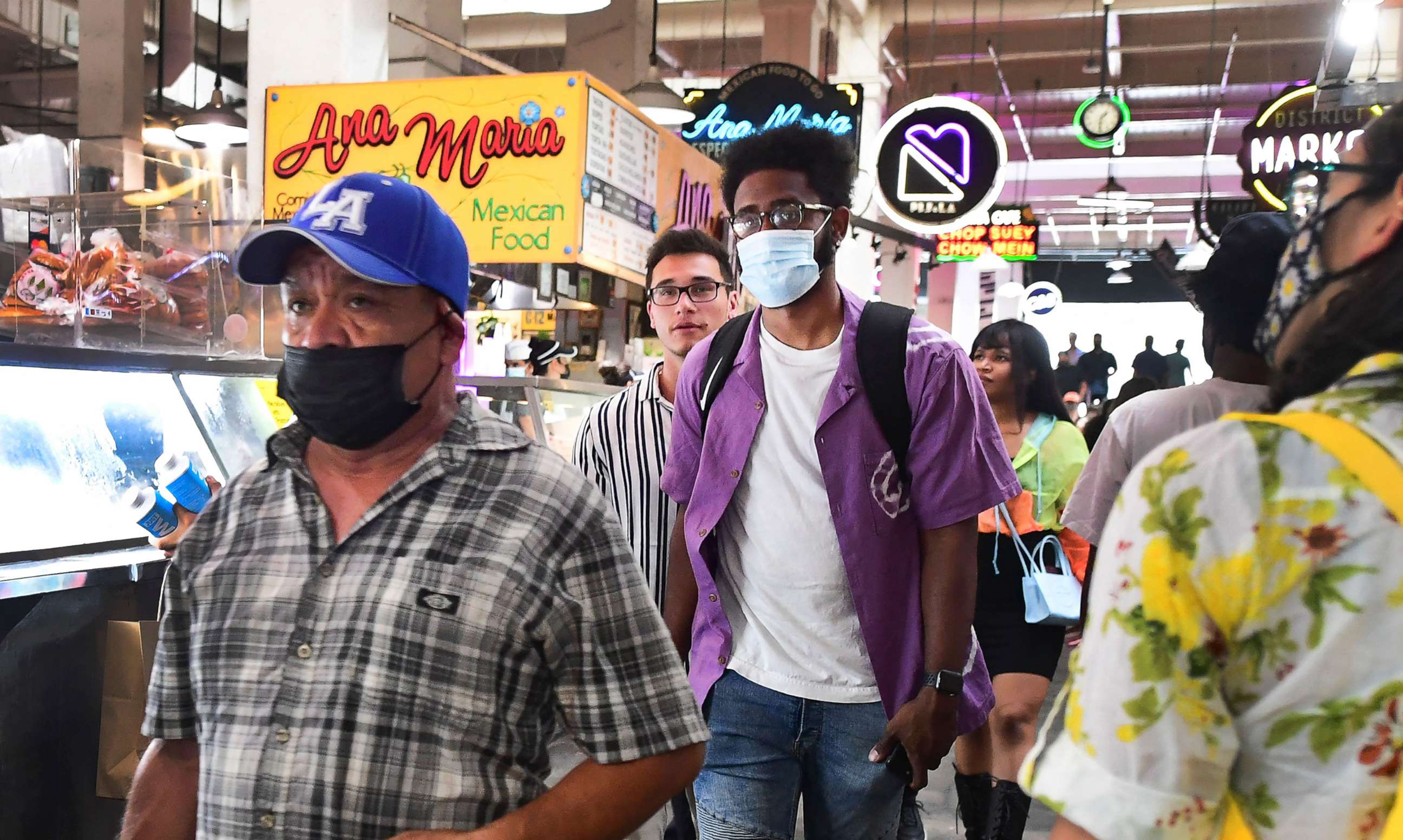
For counties with very low vaccination rates, or for businesses, it might make operational sense to require masks for everyone, he added, in order to avoid having to figure out everyone's vaccination status and ask the vaccinated to put on masks. "My understanding is that Los Angeles County is not a low vaccination county," Adalja added.
Indeed, Los Angeles' vaccination rate appears to be in line with the national average. Sixty-eight percent of residents ages 16 and older have received at least one dose of the vaccine in Los Angeles County, according to the health department. Nationally, 64% of people ages 12 and older have gotten at least one dose, according to the CDC.
Rates are lower for younger Angelenos, with just 36% of those between the ages of 12 and 15 having received at least one dose.
I got the J&J vaccine. Am I safe to take my mask off inside?
People who got the J&J vaccine can behave the same way as those who received Pfizer or Moderna, health experts said.
"There's no data to show that breakthrough infections with delta are more common with the J&J vaccine or that they're more severe," Adalja said. And while scientists want to see more data from J&J, Adalja doesn't think there's enough evidence to support getting a Pfizer or Moderna booster shot to "top off" the J&J vaccine just yet.
Importantly, he thinks the public is looking at the vaccines wrong.
"This COVID zero idea keeps creeping into people's minds," he said. "People are still very focused on cases and not necessarily focused on severe disease, hospitalization and death. If you're a fully vaccinated individual and you get a breakthrough with the delta or any of the other variants, it's likely to be clinically meaningless."
COVID is now an endemic respiratory virus in the U.S., Adalja stressed, and Americans need to learn to treat it that way.
"We've got to figure out a sustainable way to teach people to risk calculate and be able to cope with the fact that this is a new infectious disease that we have."
ABC News' Stephanie Ebbs, Arielle Mitropoulos and Sony Salzman contributed to this report.
